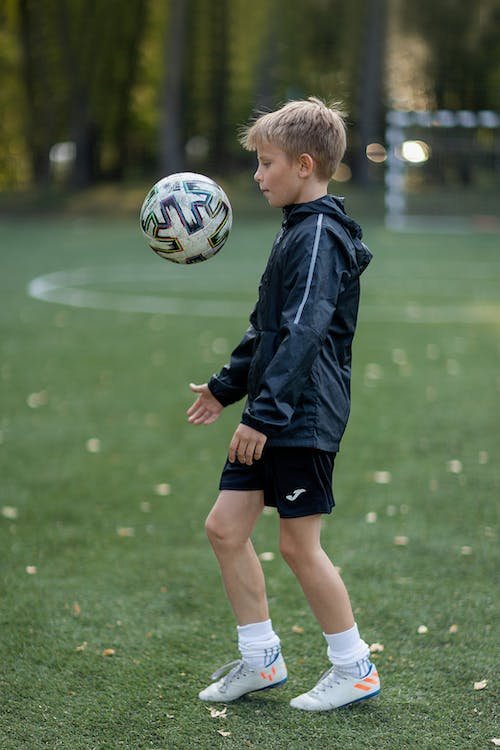Reforming MLS Next Tryouts: Ensuring Equity and Player Welfare
Youth soccer in America is a landscape of dreams and aspirations, where we have thousands of talented young athletes strive to make their mark. However, beneath the surface lies a troubling trend that jeopardizes the well-being and opportunities of these aspiring players. In MLS Next, the race for talent often leads clubs to prioritize their own interests over the welfare of players. It's about time to address these issues and advocate for meaningful reform.
The Problem with Current Tryout Practices
MLS Next Launched in 2020, is the most elite platform for youth player development in North America. As such, MLS Next also set the standras for soccer in the U.S. and Canada. For the 2023-24 season, membership in MLS Next includes 29 MLS academies, 114 Elite Academies (143 total clubs), 677 teams and over 15,000 players across the U.S. and Canada.
While MLS Next sets standards for clubs with various rules and regulations to promote a high standard of soccer on the continent, it falls short in terms of setting protocols that protect the interests of players in the tryout process. MLS Next clubs often conduct tryouts at different dates, sometimes several weeks apart, and give players limited time to respond to offers, sometimes as little as 3 days. These offers can be for placement on the MLS Next team (i.e. A team) or it can be for the B or C team of the club. This not only adds unnecessary stress to players but also severely limits their options and opportunities to explore other opportunities.
Additionally, clubs located nearby other MLS Next clubs, frequently schedule tryouts earlier to gain a competitive advantage in securing top talent. This practice not only disadvantages players but also tilts the playing field in favor of select clubs and at the expense of other clubs. As a result, many players find themselves pressured into making rushed decisions without fully exploring opportunities with other clubs where they may have a better chance to excel and develop.
Lastly, the practice of holding tryouts early in the spring season leaves unsuccessful players in a state of uncertainty, facing the harsh reality of a demoralizing period as they play out the remainder of the season.
The Role of MLS Next Clubs
While clubs understandably seek to recruit the best talent to remain competitive, their current practices inadvertently harm the very players they aim to develop. By prioritizing early tryouts with first picks and exploding offers, clubs contribute to a culture of inequality and unfairness within the league. It's imperative for clubs to recognize their responsibility in fostering a more supportive and equitable environment for all players.
Proposal for League Regulation
To address these pressing issues, MLS Next must implement regulations to ensure fairness and player welfare. A uniform tryout process across the MLS Next league, with a designated window period for tryouts and responses from players, would provide much-needed clarity and stability for aspiring athletes. By standardizing tryout schedules and decision-making processes, the league can promote transparency and equal opportunities for all players.
Ensuring Equity and Player Welfare
At its core, youth soccer should be a platform for nurturing talent and providing opportunities for every player to thrive. By prioritizing the best interests of players, MLS Next can uphold the values of fair play and sportsmanship that are integral to the spirit of the game. It's time for all stakeholders to come together and advocate for reforms that prioritize the well-being and development of young athletes.
Call to Action
As players, parents, coaches, and clubs, we must unite in our call for reform within MLS Next. SoccerTAKE urges league officials to prioritize the welfare of players and to implement a uniform tryout protocol that promotes fairness and transparency and puts the players first, after all these are young children we are talking about. Together, we can create a future where every young athlete has the opportunity to pursue their soccer dreams in an environment that values their well-being as well, including their mental health, above all else.
Closing Statement
In the quest for excellence and growth in youth soccer, fairness must always be our guiding principle. Let us work together to ensure that the next generation of soccer players can flourish in an environment that nurtures their talents and provides fair opportunities for all. Together, we can build a brighter future for youth soccer in America.



















